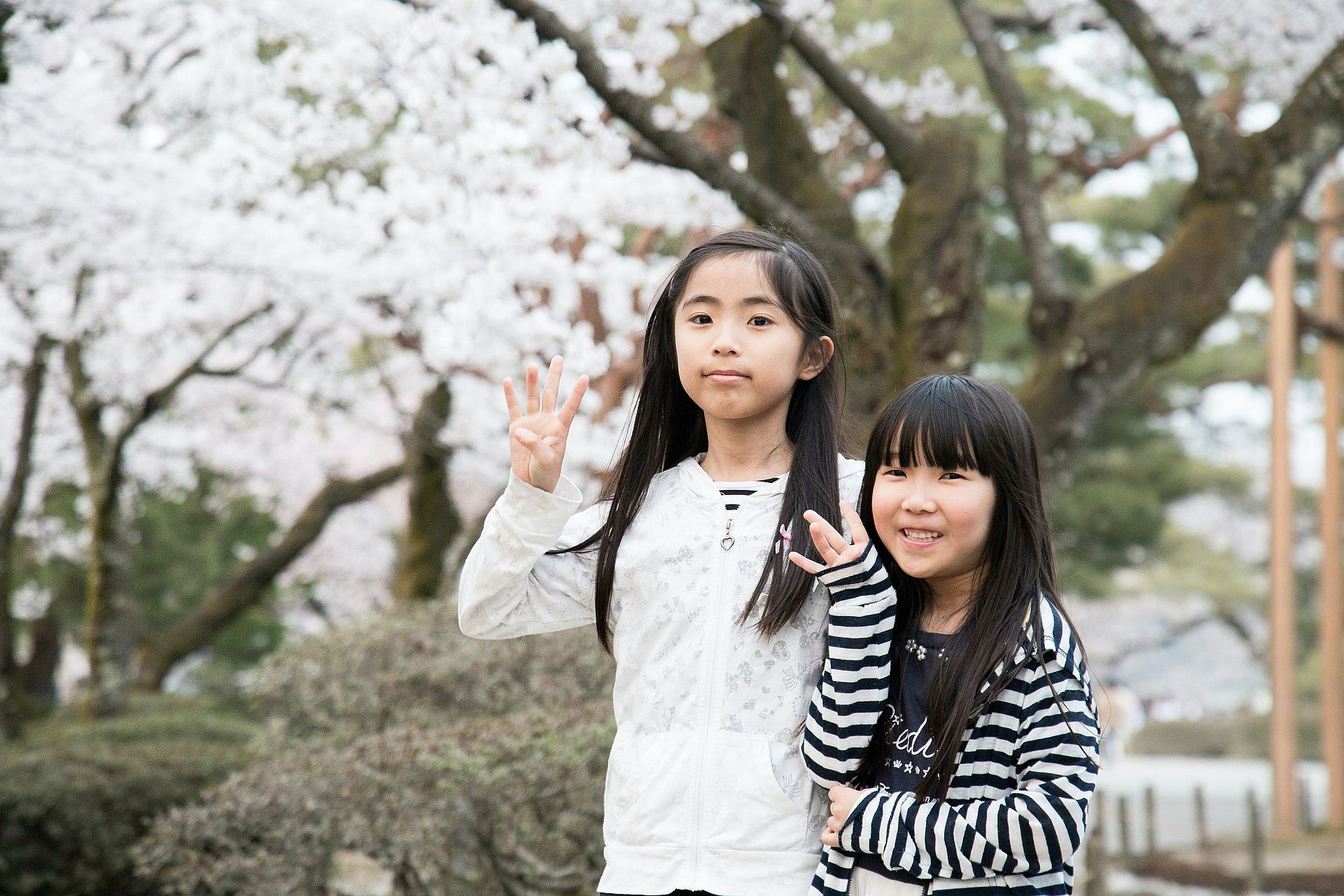The year when Japan will be left with just one child under the age of 14
Will Japan one day have only one child under the age of 14? This hypothesis, which may seem far-fetched, could come true, according to an expert’s estimates.
Hiroshi Yoshida, a professor at the Center for Research on the Economy and Society of the Elderly at Tohoku University, has conducted a simulation of Japan's demographic decline.
A “clock” set up by this researcher on his website highlights Japan’s rapidly declining fertility rate by displaying real-time data on the number of children in the country.
Photo: note thanun / Unsplash
Based on the data by the Japanese Bureau of Statistics, Yoshida’s clock estimates that on January 5, 2720, or 695 years from now, will be the day when Japan will have only one child left, according to The Japan Times.
Photo: Johannes Waibel / Unsplash
Compared to an estimate made in 2023, the latest analyses have brought forward the fateful date by more than a century, which is revealing of the extent of the birth rate problem in Japan.
Photo: Andrew / Unsplash
Indeed, this country, currently populated by around 125 million inhabitants, is seeing its child population decline by 2.3% every year. According to current projections, it will have only 80 million inhabitants by 2100.
Photo: S. Tsuchiya / Unsplash
"This decrease is mainly explained by a drop in the number of marriages and an increase in the number of single people among the Japanese," ‘Slate’ recalls.
Photo: Ryoji Iwata / Unsplash
In neighboring South Korea, where fertility is the lowest in the world, there were 0.78 children per woman in 2022, almost three times less than the threshold of 2.1 needed to renew generations.
According to the South Korean National Assembly's research department, quoted by National Geographic, "Koreans will be extinct by 2750" if current trends continue.
Photo: Ryoji Iwata / Unsplash
But Yoshida’s mathematical calculations, however, dismiss possible solutions that could change the course of events, according to Andrew Yeo, professor in politics. “Immigration in particular could renew the population," Yeo told ‘Slate.’
Photo: Shawn / Unsplash
Other solutions the Japanese government has come up with to address the issue, include expanding childcare facilities, offering housing subsidies, and even launching a government-run dating app to encourage marriage and childbearing.
Never miss a story! Click here to follow The Daily Digest.
Photo: Ryoji Iwata / Unsplash
More for you
Top Stories
























